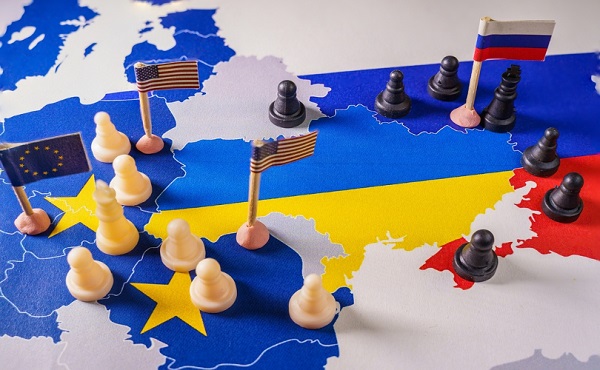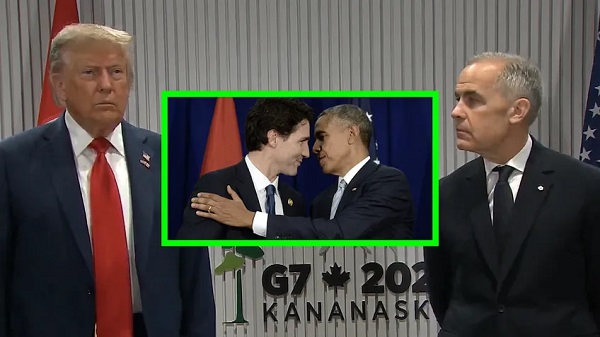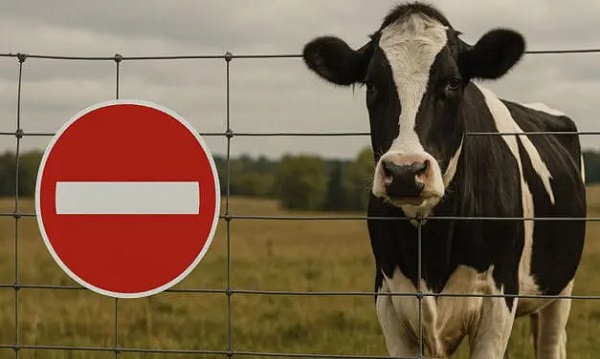From The Center Square
By
President Donald Trump broke from a meeting with his national security team Tuesday to share a series of social media posts signaling trouble for Iran.
The president announced control over Iranian airspace and knowledge of where Ayatollah Khomeini, Iran’s supreme leader, is being held while also calling for an “unconditional surrender.”
Trump claims Khomeini is “safe” for now but wouldn’t rule out killing the leader.
“We know exactly where the so-called ‘Supreme Leader’ is hiding. He is an easy target, but is safe there – We are not going to take him out (kill!), at least not for now. But we don’t want missiles shot at civilians or American soldiers. Our patience is wearing thin. Thank you for your attention to this matter!” Trump posted on Truth Social.
Israel has conducted five days of bombings inside of Iran an an attempt to destroy facilities housing its nuclear program and other military infrastructure. Iran has retaliated, bombing Israel, including civilian locations.
Before the president’s post on the Iranian leader’s whereabouts, he touted complete control over Iranian airspace.
“We have complete and total control of the skies over Iran. Iran had good sky trackers and other defensive equipment, and plenty of it, but it doesn’t compare to American made, conceived, and manufactured ‘stuff.’ Nobody does it better than the good ol’ USA,” Trump posted.
It is unclear if the president was referring to U.S., Israeli, or a combination when talking about “we.”
Achieving control over Iranian airspace could be key to any U.S. involvement in carrying out missions to eliminate nuclear capabilities inside the Islamic Republic.
The Iranian Fordow nuclear site, located deep below a mountain, may only be penetrated by a Massive Ordinance Penetrator, also called a bunker buster. Currently, Israel is not equipped with a bunker buster and a B-2 bomber used to drop the explosive device.
The posts come as Trump swiftly returned to the White House early Tuesday morning, ahead of schedule, from the G7 summit in Alberta, Canada.
Upon returning to the White House early Tuesday, the president said he would head to the situation room. He argued that returning to the White House allowed him to learn more.
Trump told reporters onboard Air Force One earlier Tuesday that he wasn’t looking for a ceasefire but is seeking “a real end” with the Islamic Republic “giving up entirely” on their nuclear weapons program.
The president underscored previous comments regarding Iran not having nuclear weapons.
“Iran cannot have a nuclear weapon. It’s very simple – you don’t have to go too deep into it. They just can’t have a nuclear weapon,” Trump told reporters.
“I’m not too much in the mood to negotiate [with Iran],” Trump told reporters. “An end, a real end, not a ceasefire, real end.”
Trump posted an ominous message to Iran and its people Monday afternoon, warning them to evacuate.
“Iran should have signed the ‘deal’ I told them to sign. What a shame, and waste of human life. Simply stated, IRAN CAN NOT HAVE A NUCLEAR WEAPON. I said it over and over again! Everyone should immediately evacuate Tehran!” the president posted to Truth Social.
He followed the warning with another post, reiterating that Iran should not have nuclear weapons.
“AMERICA FIRST means many GREAT things, including the fact that, IRAN CAN NOT HAVE A NUCLEAR WEAPON. MAKE AMERICA GREAT AGAIN!!!” he posted later.
As the conflict enters the fifth day of fighting, Israel Defense Forces announced that it had “eliminated” another top Iranian military commander.






















